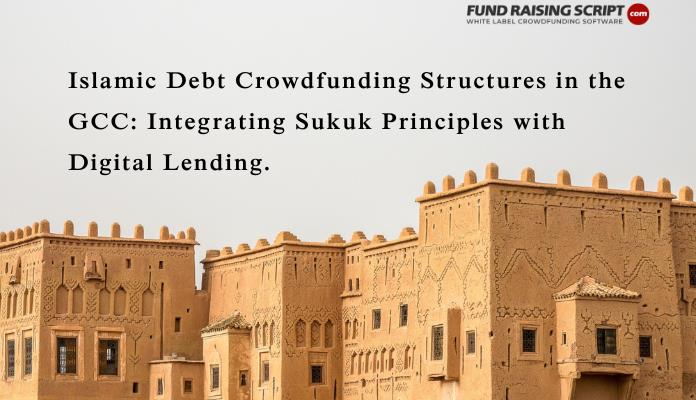
Digital Sukuk Winds Of Change For GCC Markets

Markets across the Gulf Cooperation Council are undergoing a shift as Islamic debt instruments embrace digital formats and new issuance technologies. Outstanding sukuk - Shariah-compliant bonds - in the GCC reached US$1.1 trillion by the end of the third quarter of 2025, marking a 12.7 percent rise over the prior year as debt-capital-market activity surged. Debt capital market issuances in the region saw sukuk grow by 22 percent over the first nine months, outpacing conventional bond growth, a trend identified by a leading global ratings agency.
Driving this expansion is a wave of innovation in Islamic finance that is reshaping how sukuk are issued, traded and accessed. The rise of tokenised sukuk, fractional ownership and blockchain-enabled settlement tools is emerging as a structural change in the capital markets. Financial-legal analysis of modern“digital sukuk” indicates these new instruments enable smart-contract automation and facilitate smaller denominated investments - expanding access beyond traditional large institutional investors.
Regulatory frameworks across several GCC states are evolving to support this transition. For instance, fintech-friendly sandboxes and bespoke digital-asset guidelines are enabling issuers to pilot blockchain-based sukuk. As regulatory clarity improves, tokenised and fractionalised formats are viewed as scalable, offering greater efficiency and potential for secondary trading liquidity even for retail investors.
Digital formats carry potential benefits for both issuers and investors. Issuers stand to gain from lower transaction costs and faster deal execution, while investors benefit from improved transparency, real-time traceability and the possibility to invest in smaller tickets without sacrificing Shariah compliance. Smart-contract governance can also help automate profit distributions and compliance with yield calculations, adding operational ease.
See also Dragon Oil's Egypt Discovery Accelerates 2026 ProductionDespite the momentum, traditional sukuk issuance through banks and conventional underwriting remains robust. Large institutional investors continue to rely on established distribution networks, underwriting practices and Shariah-board certification, which remain central to investor confidence and settlement certainty. Transitioning to digital formats poses challenges including legal standardisation, cross-jurisdictional enforceability and alignment with Shariah compliance requirements.
Notice an issue? Arabian Post strives to deliver the most accurate and reliable information to its readers. If you believe you have identified an error or inconsistency in this article, please don't hesitate to contact our editorial team at editor[at]thearabianpost[dot]com. We are committed to promptly addressing any concerns and ensuring the highest level of journalistic integrity.
Legal Disclaimer:
MENAFN provides the
information “as is” without warranty of any kind. We do not accept
any responsibility or liability for the accuracy, content, images,
videos, licenses, completeness, legality, or reliability of the information
contained in this article. If you have any complaints or copyright
issues related to this article, kindly contact the provider above.


















Comments
No comment